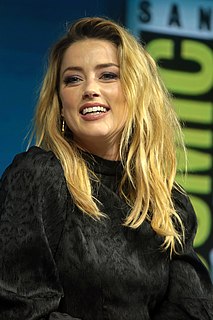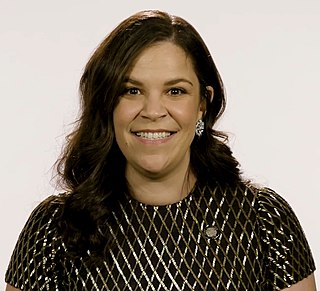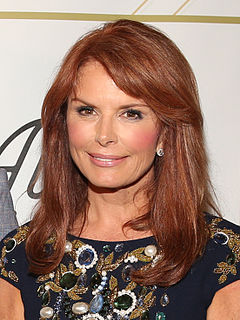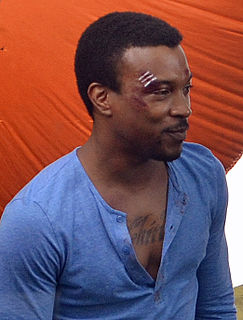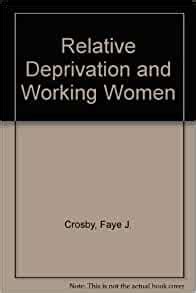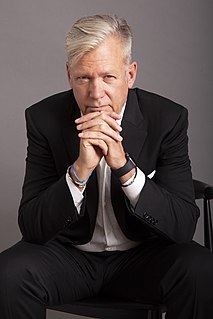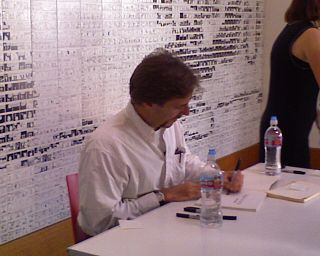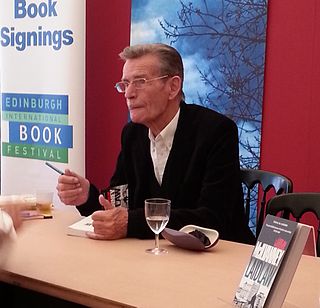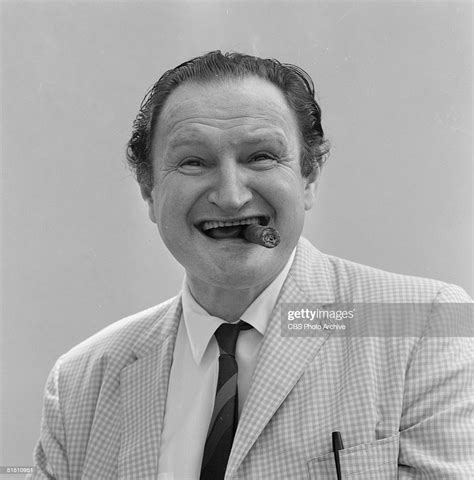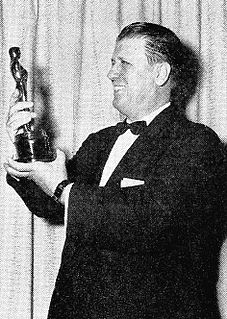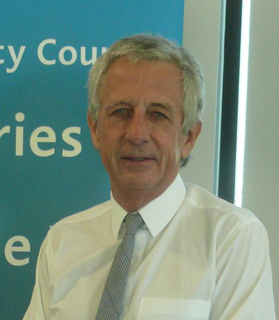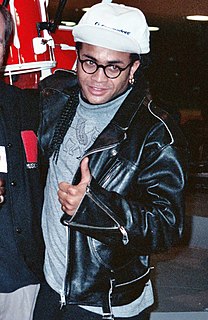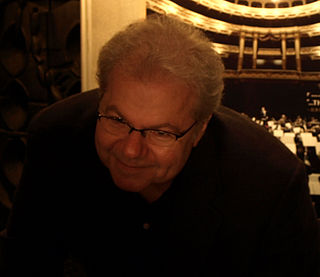A Quote by Amber Heard
If I were a man, I'd be allowed to play roles that were compelling and drove an audience to an emotional response.
Related Quotes
When men and women across the country reported how happy they felt, researchers found that jugglers were happier than others. By and large, the more roles, the greater the happiness. Parents were happier than nonparents, and workers were happier than nonworkers. Married people were much happier than unmarried people. Married people were generally at the top of the emotional totem pole.
There was a time not long ago when stories about Internet crimes were a tough sell for TV newsmagazines. Executive producers were wary because images of people typing on keyboards and video of computer monitors did not make especially compelling TV, even when combined with emotional interviews with victims.
The digital world has allowed me a connection with my reader that I'd never had before. I didn't meet the people who read my material. The fan letters were mostly answered by professional people that'd done them for a living. And I didn't have any daily connection with their response to my work. I didn't have a relationship with my audience. And every artist should have it.
Four experts had an appointment with an ordinary man. They needed him to ratify their findings, or anything they achieved would be meaningless. As they drove to meet him, they knocked down a man on the road. He was dying. If they tried to save him, they might miss their appointment. They decided that their appointment, which concerned all of us, was more important than the life of one man. They drove on to keep their appointment. They did not know that the man they were to meet was the man they had left to die.
Mothers have not always had the most important role in their children's upbringing, when they had other economic roles to play. Inpast centuries, fathers were the key parent in the upbringing of the next generation, because moral training, not emotional sensitivity, was thought to be central to successful child-rearing. Mothers were thought to corrupt their little ones with too much affection and not enough stern training.
I've been wanting for some time to find a way of stylizing cinema and trying to get closer to the emotional story I was telling and get rid of all the bumph that goes with it and allow the audience a more participatory experience. It was an attempt to do all of those things and to express the idea that all these people were just performing roles in their lives.
I like playing at public schools. I like when there's more of a diverse audience. I'll play wherever people want to hear my music, and I'll be glad and grateful for the opportunity, but I'd rather not play for a bunch of white privileged kids. I'm not meaning that in a disrespectful way; you go where people want to hear your music. So if that's where people want to hear me play, I'm glad to play for them. But I'd rather play for an audience where half of them were not into it than one where all of them were pretending to be into it, for fear of being uncultured.
